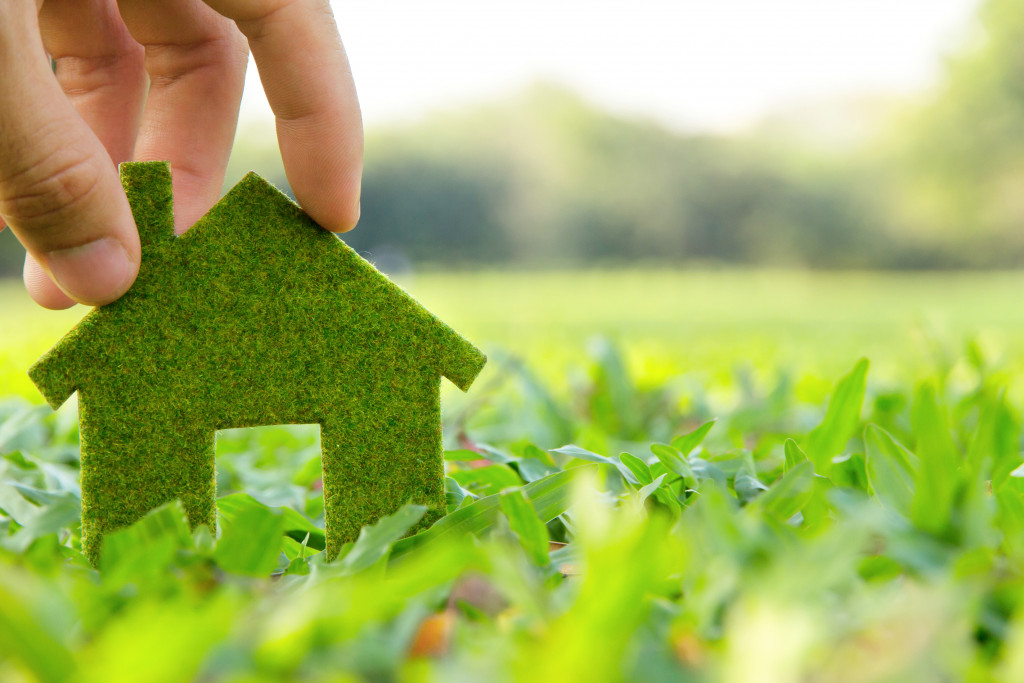Today’s modern homeowners are becoming increasingly concerned about their impact on the environment. Many already changed their habits so that they can reduce their waste. More of them are turning to sustainable practices and are enticing other people to do the same. They are trying to spread their eco-consciousness to get more people involved in taking care of the environment.
Aside from embracing a sustainable lifestyle, many eco-conscious homeowners take things to the next step by making green and sustainable investments. They are willing to invest their hard-earned cash for projects that will benefit them and the environment in the long run. The following are four eco-friendly investments you can also consider investing in if you want a more sustainable home.
Sustainable Water and Energy Sources
More people are now investing in sustainable energy sources. While one has many options to choose from, most people are going off-grid. They are turning to solar and battery storage systems as their energy sources.
Many people’s homes are now sporting solar panels on their roofs and other areas of their properties. They are utilizing the energy sourced from sunlight and are storing energy in special battery storage systems. This enables them to reduce, if not eradicate, their dependence on the national energy grid.
Aside from sustainable energy sources, some are going old school by drilling holes into the ground for their water supply. Water well installation, well rehabilitation, and well water softening services thrive because more homeowners turn to wells. They believe that the initial costs are worth it since they no longer need to worry about their monthly water bill.
They would rather utilize well water since this type of water is often cleaner and safer than public water. There don’t use fluoride, chlorine, and other harmful chemicals to treat their home water. One needs to test their waters annually and invest in a house water treatment system to ensure water well safety.
Additional Insulation
A well-insulated home is an energy-efficient home. Homeowners are investing in better home insulation to make their houses feel more comfortable. They know that they can take advantage of the energy-efficient benefits that proper and additional insulation has to offer.
Homeowners also know that proper insulation can contribute to better family health. This is since a well-insulated house can resist fungi, mold, and mildew growth. This, in turn, helps in improving our indoor air quality.
One can also enjoy a well-deserved sleep after insulating the whole house. Insulation helps in minimizing sound transmission within your walls. This means you can reduce the amount of external noise passing through your walls.

Energy-efficient Appliances
Homeowners find joy in shopping for appliances from their homes. They are always excited to learn about the latest appliances being introduced in the market. If you are looking forward to investing in new home appliances, choose those with the Energy Star label.
Energy-efficient appliances help save energy while still providing you with great functionality. You don’t need to worry about the amount of energy and water consumed by your new investment. You can be assured that every time you use these appliances, you use significantly less water and energy compared to your old ones.
Once you invest in newer appliances, it is best to say goodbye to your old appliances. Be sure to properly dispose of these appliances to reduce your carbon footprint. If these are still usable, choose to sell or donate them.
Green Landscaping
Simply having a garden does not make your yard a sustainable one. Some landscaping designs are more sustainable than others. You will want one that is easy to maintain, can help you save energy, and nurture wildlife.
You can start by investing in easy-to-grow plants native to your region. You will want native plants that are not aggressive or invasive. This will help ensure that your new plants won’t easily spread and will not choke other plants. Use organic mulch if you have trees and garden beds. This will prevent weeds from growing. This can also conserve soil moisture.
If you live in an area where it often rains, consider a rain garden. This is a type of landscape garden that catches runoff water. You can then use the stored water to keep water your plants while helping reduce water pollution.
Making your home more sustainable is a good way to help protect the environment. When you have money to spare, choose sustainable home improvements. The initial costs will always be worth it since you are boosting your home’s efficiency, improving your home value, and allow you to do your part in reducing your environmental impact.

